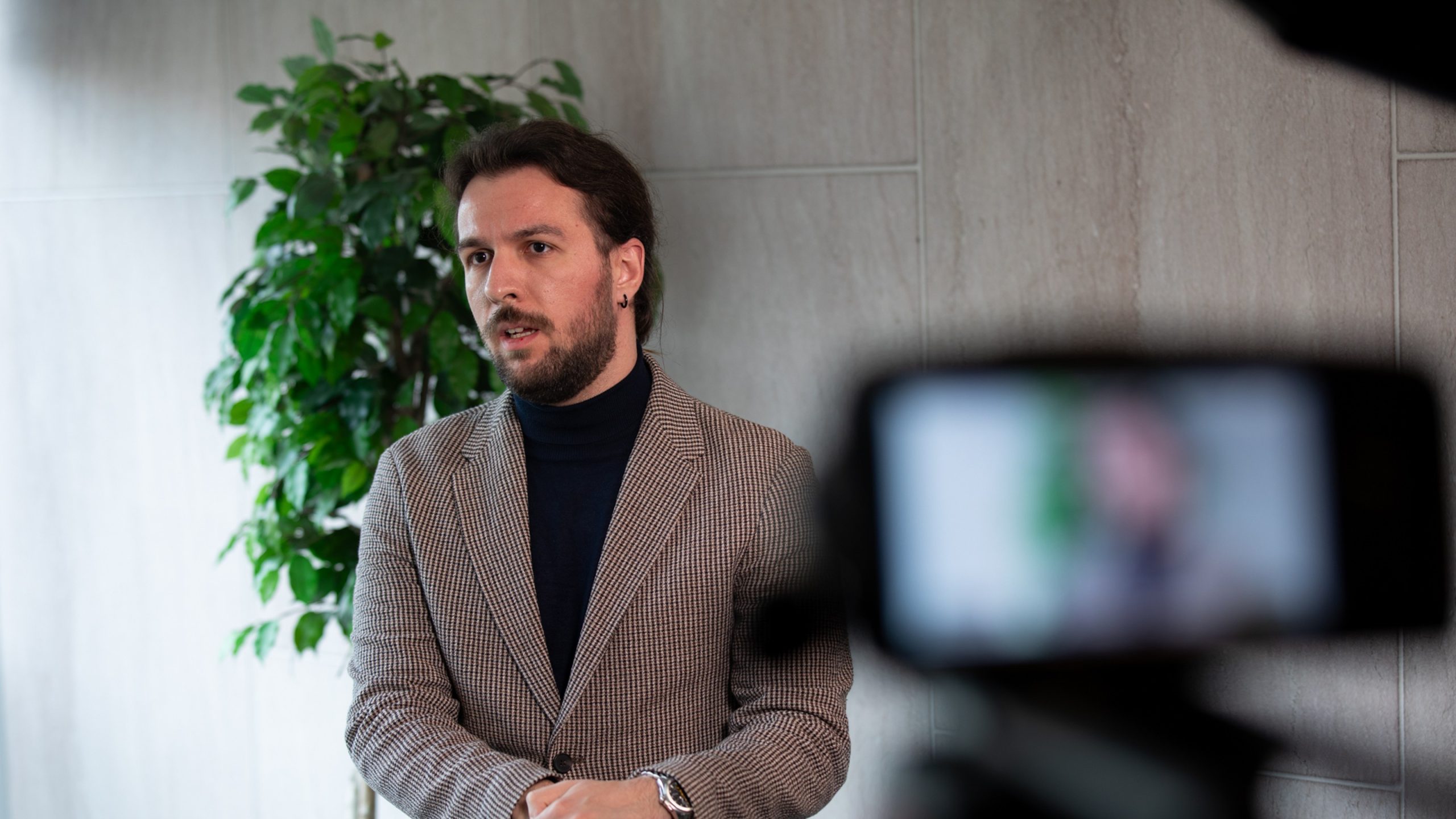The geopolitics of cobalt
It is hidden inside the batteries that power electric cars, charge our mobile phones, and store energy from renewable sources. Without it, the energy transition would remain on paper. Demand is skyrocketing, its value is soaring, and with it the geopolitical fever over who controls its extraction and, above all, its processing. Cobalt has emerged as one of the most essential minerals for powering the global economy, strengthening the role of the Democratic Republic of Congo (DRC) as a “pillar” of the energy transition—because more than 70% of the world’s cobalt comes from its mines. Annual production exceeded 170,000 tons in 2023, but the monetary value of this raw material does not remain in Congo. Seventy-five percent of cobalt is processed in China, which controls not only refining but also the battery industry, creating a vicious cycle of geo-economic dependence for Europe.
The European Union, through the Global Gateway initiative, according to a report published in 2024, seeks to break free from Chinese energy influence by investing in local processing in Congo and in infrastructure such as the Lobito corridor, which aims to connect Katanga with the west coast of Africa. At the same time, the main objective is to build a cobalt refinery in the DRC, with costs falling by up to three times compared to outsourcing to the US or China, while reducing CO₂ emissions from the production chain by 30%.
The European green transition promises a cleaner, fairer future not just for the continent but for the planet—after all, in recent years, reality has surpassed the West’s dreams of what the world should be. The path to this new era seems to pass through well-known European paths, those of exploitation and silent complicity. The cobalt of the Congo, the cornerstone of “clean” technologies, is mined at the highest possible human cost. The cobalt is the cornerstone of “clean” technologies and its journey is shaped less by where it is extracted and more by where it is transformed.
Until now, though, Congo’s cobalt first goes through Beijing before finally reaching European batteries via six stations. Geopolitical control isn’t exercised at the mine, but at the factory.
